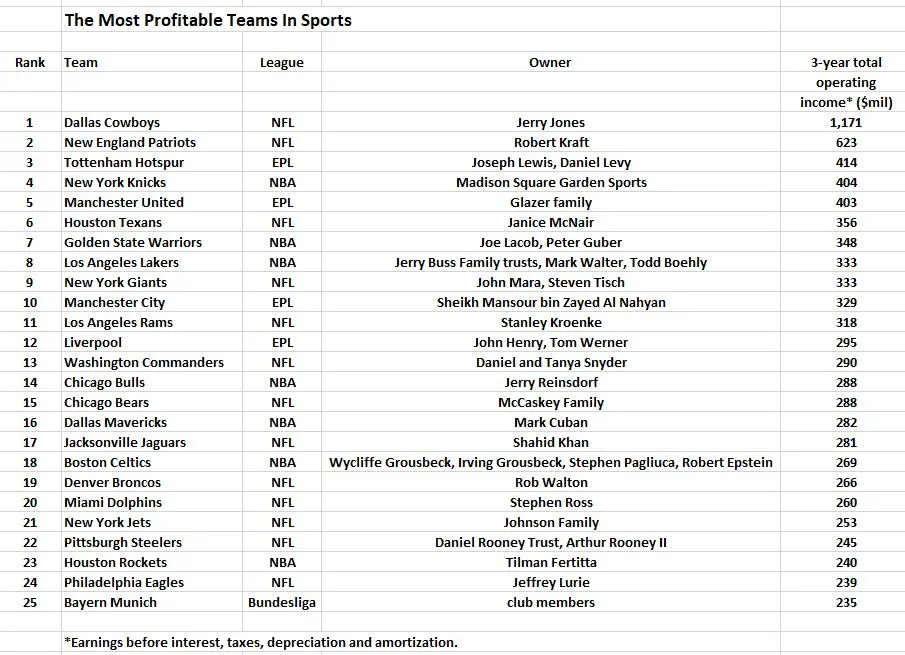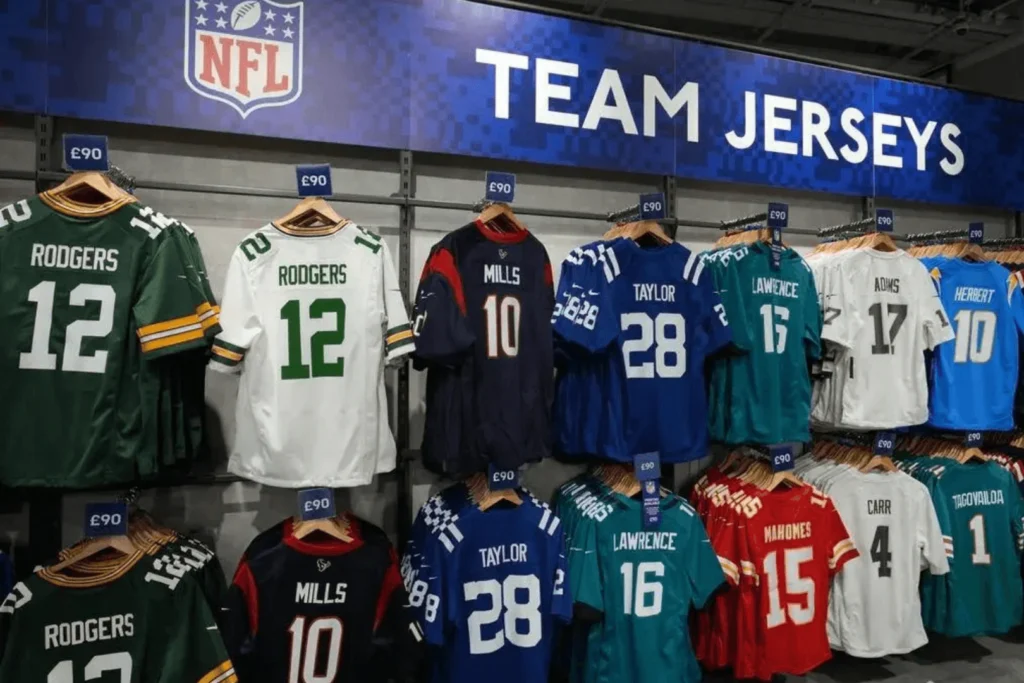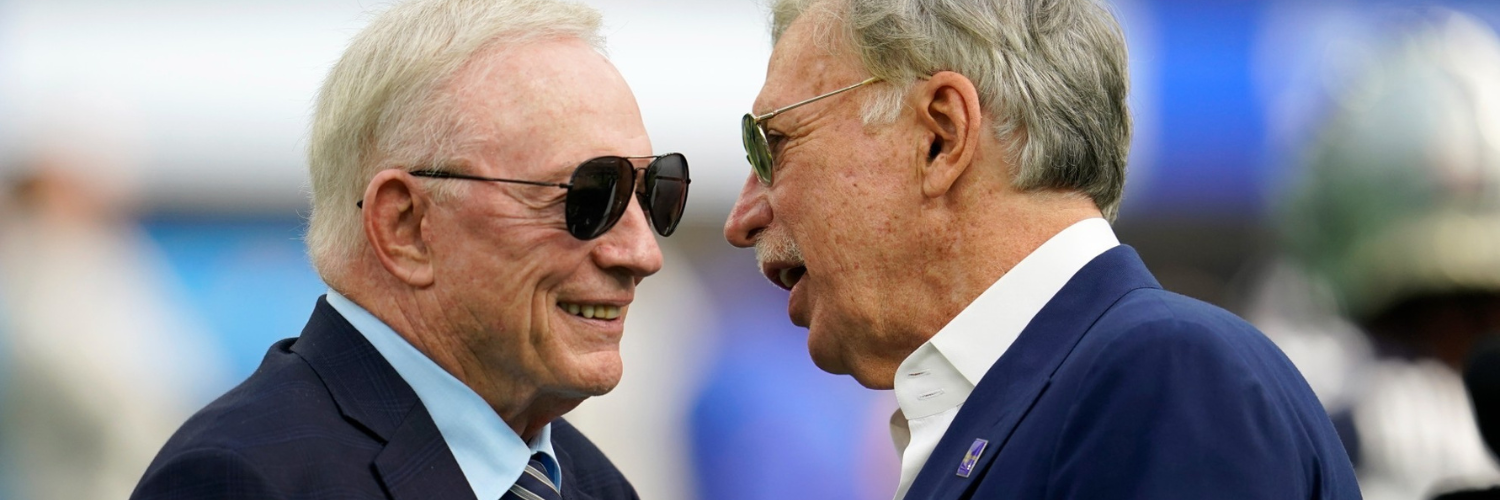Sports Ownership Explained: Is Owning a Sports Team Profitable?
Possessing a professional sports franchise is often viewed as a lavish and thrilling opportunity. Yet, beneath the sparkle of championship glory and devoted fans, there exist major financial factors that prospective owners must thoroughly analyze. Is owning a sports team profitable considering the explosive growth of broadcasting and media in the last few decades?
The entry point for ownership in the NFL has risen from a couple hundred millions to a few billion since the late 80s and 90s.
The Financial Realities of Owning a Sports Team
Is Owning a Sports Team a Smart Investment?
The overall worth of sports franchises has consistently climbed making them appealing long-term investments. As teams generate higher revenues and fan interest surges, their overall value rises, potentially bringing in substantial returns for owners should they one day sell the team.

While financial gain is certainly an enticing motivation, team ownership also bestows non-monetary advantages. There is clearly a status boost with team ownership along with added impact on local communities.
Do Owners of Sports Teams Make Good Money?
The profitability of owning a sports team can fluctuate considerably based on aspects like the league’s revenue-sharing model, the team’s market size, and their on-field performance. Certain teams generate substantial profits, while others may grapple to turn a profit.

As popular as the Buffalo Bills have been in the past few years, they bought in the lowest operating profits in 2022 with only $65 million compared to The Cowboys ‘ $460 million.
Teams generate revenue from various sources, including ticket sales, merchandise, stadium concessions, sponsorships, and broadcast rights. Obviously, more successful teams with stronger fan bases see more income from these streams than others.
MORE: DIVE DEEPER INTO THE VARIOUS WAYS THAT SPORTS TEAMS MAKE MONEY

Tax Advantages of Sports Franchise Ownership
Owners can leverage depreciation deductions, allowing them to spread their franchise’s cost over years, reducing taxable income.
In some instances, owners may report team losses to offset income from other business ventures. However, consulting tax experts ensures compliance.
What is the Cheapest NFL Team To Buy?
The Cincinnati Bengals have to lowest valuation at around $3.5 billion if your looking to get in on a cheap NFL team.
NFL Team Price Tag
Lowest Price ≠ Best Deal: While an affordable purchase price is key, other elements like market size, fan base, and growth potential significantly impact a team’s overall value.
The Steep Cost of Entry: Owning an NFL franchise demands immense wealth. Even the least expensive options cost billions, presenting an exceptionally high barrier.
Majority of owners have gained wealth by starting or being born into businesses in the industries of technology, infrastructure, and natural resources (i.e. gas, oil, mining, etc. ).
Is the Juice Worth the Squeeze?
Owning a sports team offers lucrative investment potential through franchise appreciation and diverse revenue sources. However, carefully evaluating league dynamics, market strength, and revenue prospects is paramount. While bestowing prestige and community influence, ownership demands substantial financial commitment and long-term vision. The decision should align with overarching investment objectives after thoroughly understanding the financial realities.

